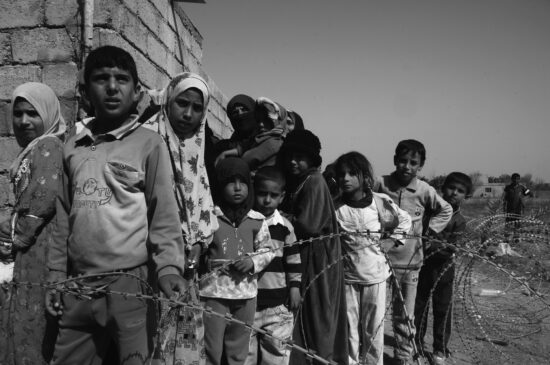The need to increase antimicrobial resistance surveillance among forcibly displaced persons (FDPs)
Antimicrobial resistance (AMR) poses a significant threat to human health as 4.95 million deaths were associated with bacterial AMR in 2019 and is projected to reach 10 million by 2050. To mitigate AMR, surveillance is an essential tool for determining the burden of AMR and providing the necessary information for its control. However, the global AMR surveillance is inadequate and particularly limited among forcibly displaced persons (FDPs) despite having higher risks of harboring these pathogens. Predisposing factors among this group include poor living conditions, limited access to treatment and diagnostic tests, and inadequate trained health professionals in refugee camps. Strengthening AMR surveillance among FDPs would address the identified gaps and facilitate formulation and implementation of evidence-based policies on AMR control and prevention response. This article provides information on the growing population of FDPs, factors contributing to the AMR burden and AMR surveillance gaps in FDPs and highlighted recommendations for control.
AMR NEWS
Your Biweekly Source for Global AMR Insights!
Stay informed with the essential newsletter that brings together all the latest One Health news on antimicrobial resistance. Delivered straight to your inbox every two weeks, AMR NEWS provides a curated selection of international insights, key publications, and the latest updates in the fight against AMR.
Don’t miss out on staying ahead in the global AMR movement—subscribe now!







